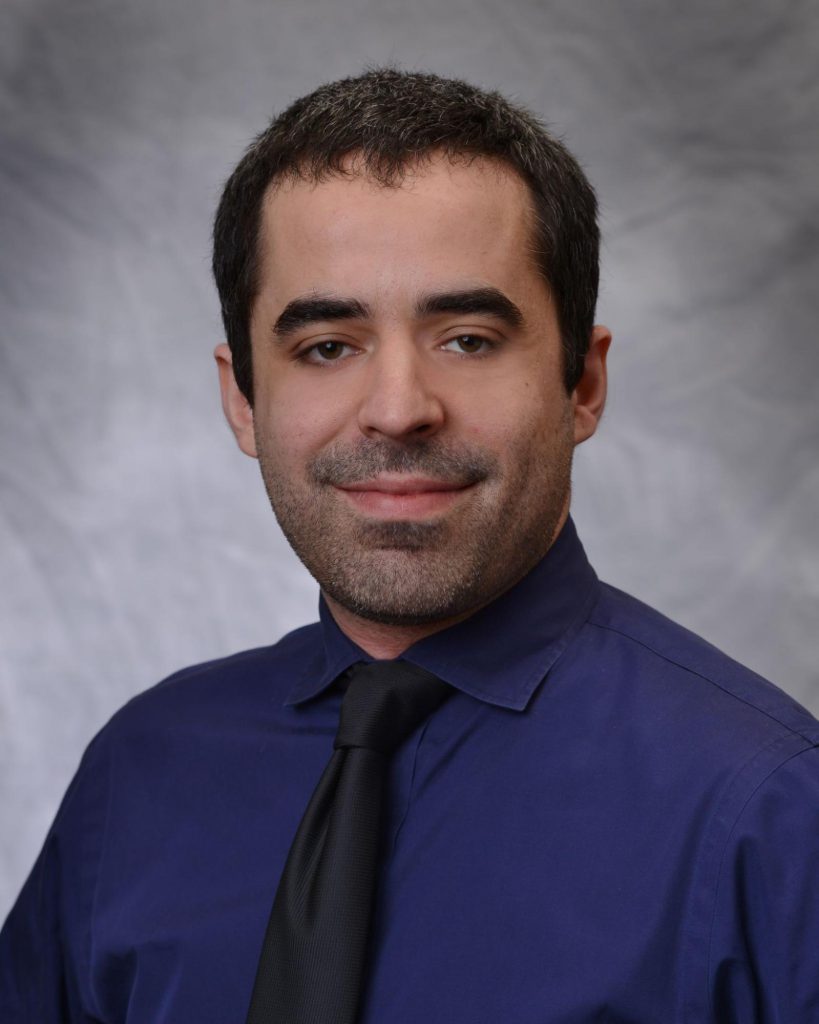Dr. Courtney Bagge is an Associate Professor in the Department of Psychiatry at the University of Michigan, and also a Research Investigator with the Department of Veterans Affairs Center for Clinical Management Research (CCMR), an HSR&D Center of Innovation. She frequently serves as an expert on international (the World Health Organization) and national (e.g., the National Action Alliance for Suicide Prevention; NIAAA; NIMH) work groups to further understanding of imminent risk for suicidal behaviors. Dr. Bagge was the 2017 recipient of the American Association for Suicidology Edwin S. Shneidman Award for outstanding contributions to research in the field of suicidology. Her program of research aims to increase understanding of the etiology, course, and treatment of suicidal behaviors across the lifespan. Much of her current work focuses on identifying near-term risk factors (warning signs) for both suicidal behavior and opioid overdose, which indicate when an individual is at heightened risk in the near term (i.e., within minutes, hours, or days).

Jason Goldstick is the Director of Statistics and Methods core in the CDC-funded University of Michigan Injury Prevention Center (UMIPC) and a Research Associate Professor of Emergency Medicine at the University of Michigan. Most of his research focuses on substance use and violence epidemiology, injury surveillance, and estimating the effects of behavioral interventions. He has been PI of several NIH- and CDC-funded projects, has been lead statistician on over a dozen federally funded studies, and currently co-directs a state-wide overdose surveillance system for the state of Michigan. His current research interests include simulation modeling of injury, optimizing surveillance data for stakeholder use, and prospective injury prediction, both at the individual-level (e.g., determining who is at greatest risk of future violent injury), and the community-level (e.g., spatial prediction of future overdose hot spots).

Ken Resnicow is the Irwin Rosenstock Professor of Health Behavior and Health Education at University of Michigan School of Public Health and Professor of Pediatrics in the School of Medicine, the Associate Director for Community Engagement and Health Disparities Research at the University of Michigan Rogel Cancer Center, and Chief Scientific Lead at the University’s Center for Health Communications Research. His work over the past 30 years has focused on designing and evaluating behavior change programs for a wide range of health behaviors including smoking cessation, breast cancer treatment, genetic testing, COVID-19 vaccination, cancer screening, car safety, weight control, diet and physical activity, effective parenting, medical adherence, organ donation, substance use, youth violence and risk behaviors, gun safety, and accrual into clinical trials. Much of his work has involved ethnic/racial and underserved populations particularly African Americans, Native Alaskans, Latina/Hispanic, and Middle Eastern North Africans.

Not Pictured: Dr. Patrick Carter
Research Consultants
Cheryl King, Ph.D., is a Professor in the Departments of Psychiatry and Psychology and Director of the Youth Depression and Suicide Prevention Program at the University of Michigan. Her research focuses on the development of evidence-based practices for suicide risk screening, assessment, and intervention. She has provided leadership for multiple NIMH-funded projects, including Emergency Department Screen for Teens at Risk for Suicide, which aims to develop a suicide risk screen that can be disseminated nationwide, and 24-Hour Risk for Suicide Attempts in a National Cohort of Adolescents. A clinical psychologist, educator and research mentor, Dr. King has served as Director of Psychology Training and Chief Psychologist in the Department of Psychiatry, and has twice received the Teacher of the Year Award in Child and Adolescent Psychiatry. She is the lead author of Teen Suicide Risk: A Practitioner Guide to Screening, Assessment, and Management. In addition, Dr. King has provided testimony in the U.S. Senate on youth suicide prevention and is a Past President of the American Association of Suicidology, the Association of Psychologists in Academic Health Centers, and the Society for Clinical Child and Adolescent Psychology. She is a current member of the National Advisory Mental Health Council.

